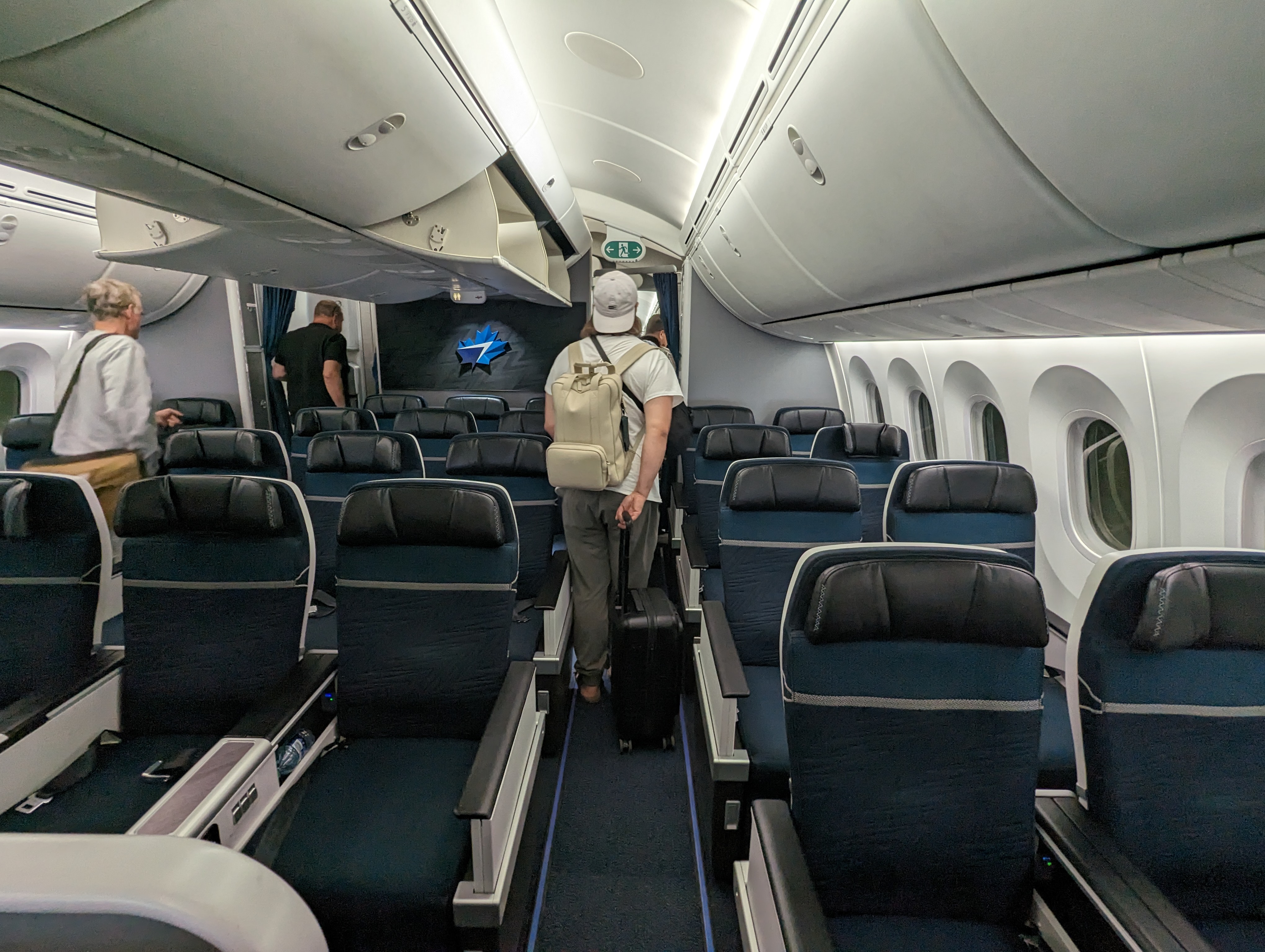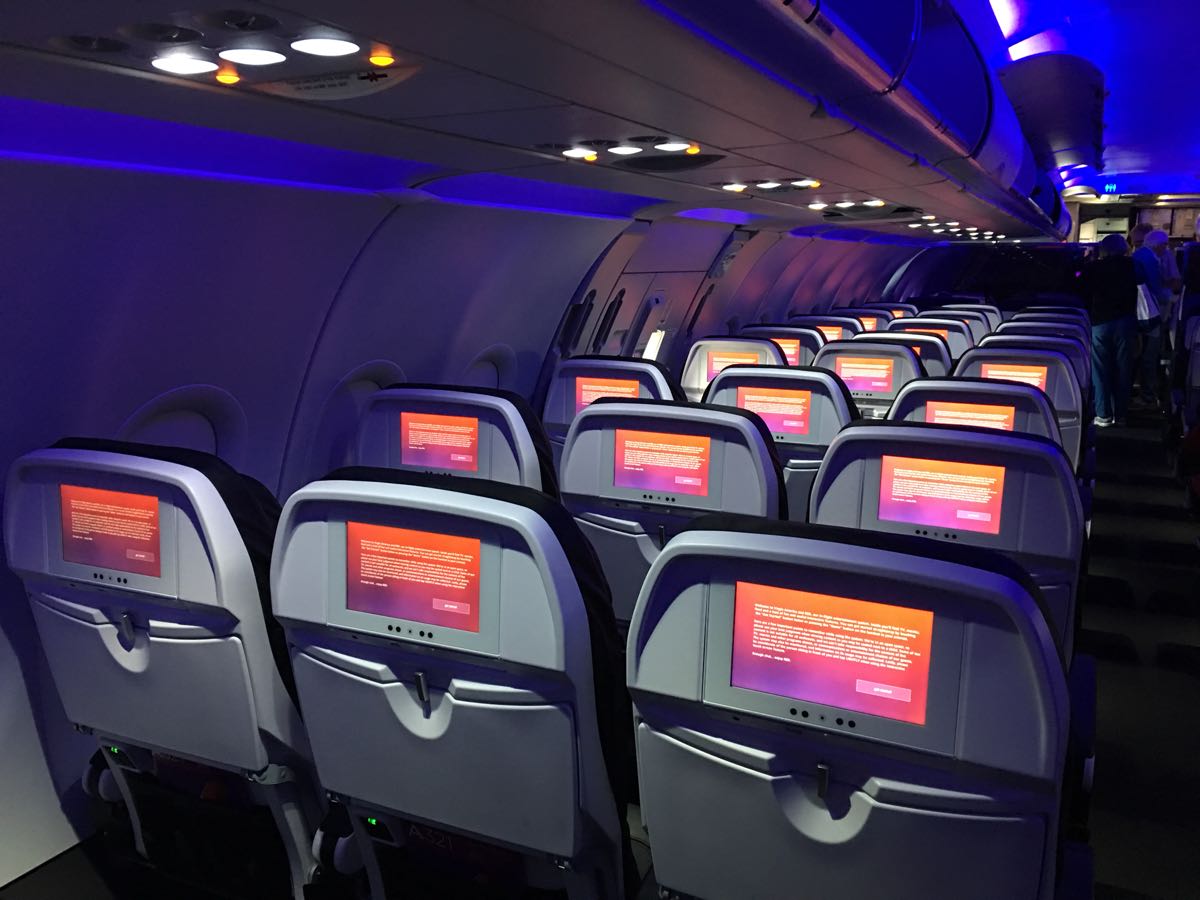I cannot begin to guess how many airline credit cards I’ve held over the years. Perhaps 30ish? And that makes me a junior wingman in the airline credit card game. The glory days of opening an endless string of cards to collect big mileage bonuses have come and gone, but there’s still value to be had. Recently, a New York Times article about airline credit cards caught my eye. According to the article:
“But consider the numbers that Delta Air Lines has been throwing around recently in investor presentations. It generated $3 billion from its relationship with American Express in 2017 and expects to hit $4 billion by 2021. Even as competition intensifies for big-spending cardholders with rewards lust in their hearts, spending on the Delta Amex cards rose at a compound annual growth rate of 12 percent from 2013 through 2017.”
Wow! While I am not surprised that there is still a good bit of interest in airline cards, I was surprised by the size of some of those numbers. Why? My own spending on my airline branded cards has dropped to the point that it now represents a single-digit percentage of my credit card spend.
My Evolving View of Airline Credit Cards
A combination of changing travel patterns and increased spending requirements for elite status drove me to rethink the idea of placing all my “travel eggs” in one bucket. As my interest in pursuing elite frequent flyer status at all costs began to wane, so did the idea of putting a large percentage of my spending on airline branded credit cards.
Instead, I have focused on two of the proprietary currencies, mostly Ultimate Rewards, but to some extent….wait for it…. the Bank of America Premium Rewards Visa (with Preferred Rewards Platinum Honors benefits). More on that BoA card in a later post. Am I focused primarily on bank points? Sure. Then why are are there still two airline cards in my wallet?
Airline Cards Can Still Offer Value
My relocation to Washington, DC has led to my flying American Airlines more often. I’m a 10 minute Uber ride from DCA, and while I might prefer Delta overall, that preference isn’t strong enough to get me to connect in Atlanta when I can fly nonstop on American. The two airline cards I’m still carrying? The Citi AAdvantage Executive MasterCard and the Barclays Aviator Silver Card. I carry both for different reasons. The Citi Executive card might be the most obvious as it comes with an Admirals Club membership for me, and my wife is an authorized user so she can access the club when she’s flying without me. The card does come with some priority boarding and checked baggage perks, but my lifetime AAdvantage Gold status provides me with those, so the primary perk I seek from the card is the club membership.
The Aviator Silver MasterCard is a different animal. It offers 3X AAdvantage miles for AA purchases and 2X for hotels and rental cars. While I use it for most of my AA purchases, I prefer to use my Sapphire Preferred card for rental cars thanks to its primary rental car coverage. Further, you can earn up to $6,000 elite qualifying dollars and 10,000 elite qualifying miles if you spend pretty heavily on the card. Why does this matter to a guy who no longer goes out of his way to earn elite status? It doesn’t. I elected to keep the card for one more year to pay close attention to my travel patterns over the next year. If things don’t change, this card is on its way out at renewal time. Even still, I’m thinking of picking up another airline card.
It Can Make Sense to Carry the Credit Card of an Airline That Is Not Your Primary Carrier for the Perks Alone
For example, the MileagePlus Explorer Card (soon to be rebranded the United Explorer Credit Card) offers perks beyond miles that are worth considering like a free checked bag and priority boarding. A friend of mine flies to San Francisco about once per quarter (sometimes a little more often) from Washington, DC. United happens to offer nonstop flights on the DCA-SFO route that are well timed. In the old days you’d almost hit entry level elite status with just that limited travel schedule. However, that’s a lot less certain with the advent of elite qualifying dollar requirements, especially at the lowest fares.
I told my friend that in the absence of elite status, I’d pick up the MileagePlus credit card for the priority boarding alone, not to mention a free checked bag when he needs that, and two passes to the United Club. (NOTE: unlike some other airline cards, you must buy your ticket with the MileagePlus credit card to receive the checked bag benefit.)
The Bottom Line
While my interest in airline credit cards has waned, they can still make sense in certain circumstances. Like most things travel, this can vary depending on your specific travel patterns. For me, the club access that comes with the Citi Executive AAdvantage Card more than justifies keeping the card. There can be other reasons such as elite qualifying credit (dollars and miles) that make the difference for you. While loyalty has changed, it doesn’t mean that the right airline credit card does not have a place in your wallet.











